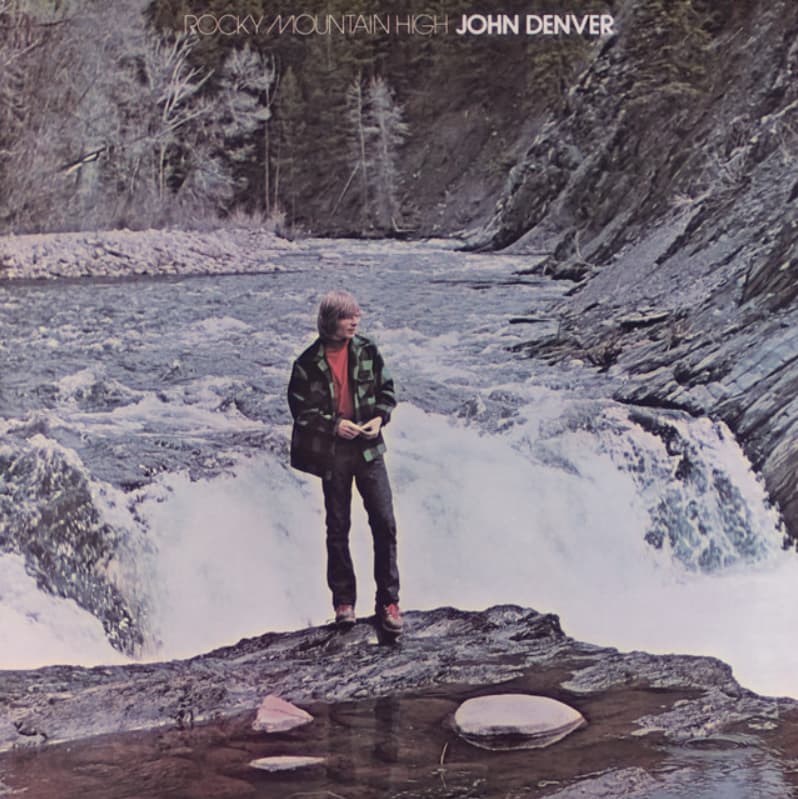
“Rocky Mountain High” is a mesmerizing folk rock song co-written by the legendary John Denver and Mike Taylor. Released in 1972, this iconic track not only lent its name to Denver’s album of the same year but soared to an impressive No. 9 on the US Hot 100 chart in 1973. Its halo extends beyond mere charts — it was officially declared one of the two state songs of Colorado, forever entwining music and nature in cultural history. In April 2017, the Recording Industry Association of America certified it Gold for surpassing 500,000 digital downloads, proving its undiminished popularity decades later.
Denver’s relocation to Aspen, Colorado in 1969 ignited the profound inspiration behind this song. Every lyric and note pulses with his deep reverence for the state’s majestic landscapes. The haunting seventh stanza boldly protests the rampant commercialization and destruction threatening the pristine mountains, spotlighting Denver as an early fearless advocate for environmental preservation.
The song narrates a soul-stirring experience—the spiritual uplift Denver encountered in the Rockies. He likened the sheer joy and transcendence to being “high,” a phrase that thrust the song into stormy controversy upon its debut. The Federal Communications Commission reacted with censorship, fearing it promoted drug culture. Radio bans followed, until Denver courageously clarified his metaphor celebrated the pure ecstasy of nature’s embrace.
At the infamous 1985 Parents Music Resource Center hearings, Denver took the stand, fiercely defending his song’s sacred message. He vividly described his awe during the Perseid meteor shower, far from urban chaos, painting the song’s lyrics as a heartfelt tribute to life and the mountains’ breathtaking beauty.
Despite battles over its meaning, “Rocky Mountain High” endures as a cultural touchstone of the 1970s and a treasured emblem of Colorado’s legacy. The Western Writers of America honored it among the Top 100 Western songs ever, cementing its timeless impact. Yet even its sanctuary in Aspen stirred debate when the final lines, including the once-controversial lyric, were controversially removed, igniting passionate arguments on artistic integrity versus public comfort.
Critics, including Cash Box magazine, laud the song’s heartfelt emotion and vivid imagery. Denver’s storytelling and melody pull listeners into the spellbinding Rockies, crafting a timeless anthem that celebrates the natural world’s awe and the profound peace it offers.
In this masterpiece, John Denver carved not just a song but an eternal homage to nature’s majesty, capturing the tranquil yet exhilarating spirit of the Rocky Mountains. It continues to inspire and elevate hearts, echoing the grandeur of the peaks that stirred its soul.